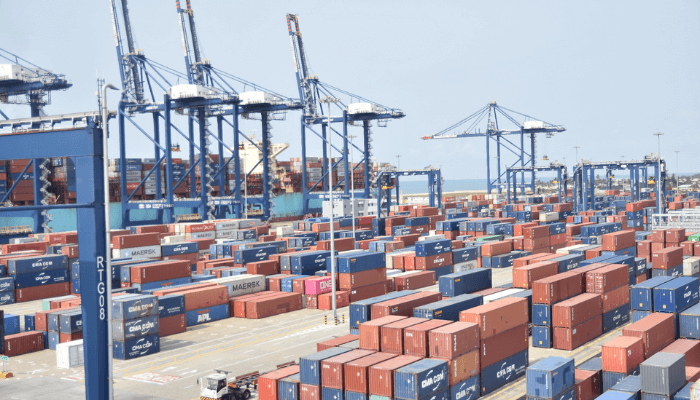By Julie Zhang
Copyright scmp

Hong Kong can help Asia fill a staggering climate-financing gap by helping to tap a global pool of more than US$200 trillion to fund sustainable-infrastructure projects, according to the Asian Infrastructure Investment Bank (AIIB).
There was a glaring disconnect between the vast amount of available capital and the low deployment of funds for climate action in the Asia-Pacific region, said Lim Kim-see, the bank’s chief investment officer for public sector and funds clients, in an interview.
“We really need the private sector to come into financing, because governments around the world lack fiscal capacity to meet the vast amount of investment needed to achieve the nationally determined contributions,” she said.
Global assets under management with institutional investors such as pension funds, sovereign funds, private-equity funds and financial institutions exceeded US$200 trillion, Lim added.
The region needs investment of at least US$1.1 trillion a year to meet mitigation and adaptation needs, but actual investment is falling short by about US$800 billion, according to the International Finance Corp (IFC).
That said, global investors are beginning to increase their allocations to the region.
In the first half of the year, about six percentage points of global climate funding shifted to the region, marking the first notable reallocation of climate-themed capital towards Asia in more than seven years, according to a report from Bank of China (Hong Kong) and MSCI.
Since 2015, more than US$300 billion in labelled sustainable bonds had been issued across Southeast Asia and the Greater Bay Area, reflecting the rapid maturing of the region’s sustainable-finance market, the report said.
However, institutional investors holding vast capital, mostly in North America and Europe, were “seeking what is perceived to be safer investments”, Lim said. Blended finance – combining capital with different levels of risk – could “attract these investors and give them the comfort to come and invest in the high-risk assets in emerging markets”.
The finance veteran, who joined AIIB in July after 25 years at the IFC, the World Bank Group and the private sector, said Hong Kong’s role in redirecting global institutional capital towards Asia’s climate infrastructure needs was “clear”, given the city’s sophisticated financial infrastructure, deep capital markets and pool of investors capable of understanding complex products.
Hong Kong’s sustainable-finance taxonomy provided a clear framework to attract risk-averse investors, Lim said. The framework, launched in 2024 and updated this month to include transition activities, provided investors with clarity by defining what qualified as green and transition finance and establishing clear disclosure standards, she said.
AIIB issued a Hong Kong dollar-denominated bond offering in February, raising US$549 million after an oversubscription. The Beijing-based multilateral lender plans to return to the Hong Kong market next year with an issuance at benchmark size, typically a minimum of US$500 million for international bonds.
Hong Kong also showed “leadership and convening power as a global financial centre” through its strong green-bond market, Lim said. Sustainable debt issuance in Hong Kong in the first half of the year climbed 15 per cent from a year earlier, exceeding US$34 billion.
AIIB signed a partnership in June with the Hong Kong Monetary Authority, the city’s de facto central bank, to promote venture capital focused on green and technology-enabled infrastructure, which was expected to “help improve efficiencies in the transition”, Lim said.
The bank has issued about US$34 billion in cumulative sustainable bonds since its founding in 2016.
Lim called for a holistic regional approach to climate finance, because “climate is a global problem, not a country-specific problem”.
Pacific island nations needed adaptation-financing programmes for climate disasters, while industrialised economies like Indonesia and the Philippines required climate-mitigation programs to reduce emissions from fossil fuels, she said.
In Bangladesh, the bank provided a US$800 million policy-based loan to support reforms in climate-critical sectors such as agriculture, water, transport and energy.



